This time of year is a great time to enjoy outdoor activities. Whether it's getting out on the water for some fishing or hopping on the open road for a camping trip, chances are you will be doing some towing... and while most of us know the basics of how to pull a trailer, there are still some important tips to keep in mind before hitting the road.
Here are six tips that will help to ensure a safe towing experience:
- Check your tires - It's important to check both your trailer and your vehicle's tire pressure before embarking on a towing trip, especially if you plan to travel a long distance. Tires that are not properly inflated can negatively affect handling. Low tire pressure also creates more resistance, which causes the engine to work harder and consume more fuel. It can even increase tire temperatures and contribute to a blow-out. Always check the speed rating and proper inflation pressure for your tires to make sure you don’t exceed either one while on the road.
- Check your brakes – While smaller trailers don’t always require or need brakes, most large trailers will come with a braking system to assist the tow vehicle in slowing down the trailer when coming to a stop. Whether you have electric or hydraulic brakes installed on your trailer, it is important to make sure they are working properly and that the emergency “breakaway” cable is attached to your tow vehicle. This cable is designed to trigger the brakes on the trailer In the event that your trailer somehow becomes disconnected from your vehicle.
- Check your lights – When towing, your vehicles tail lights can often become obstructed by your trailer especially when pulling a larger trailer. That is why it is very important to have working trailer lights. Without them, other vehicles might not see your trailer, especially at night and could cause an accident. The easiest way to check your lights is to have a friend stand behind the trailer when it’s attached to the vehicle and with it in park, try the turn signals, tail lights, and brake lights to make sure they are working properly.
- Stay within your weight rating limits – Make sure your vehicle is capable of handling the weight of your trailer and that it is within the specific towing capacity weight limits that it is rated for. Exceeding the maximum towing capacity can cause dangerous handling, poor braking performance, and damage to your vehicle’s engine or suspension. In addition to your vehicles towing capacity, make sure your trailer hitch is capable of handling your trailers loaded weight. Your trailer hitch should be labeled with the maximum trailer and tongue weight capacity that it can handle.
- Pack your cargo properly - Since we have already established that it is very important to make sure your trailer is within your maximum towing capacity, we should also mention that it is just as important to pack your cargo in a way that distributes the weight properly. As a rule of thumb, you typically want around 60% of the trailers load placed over the front half of the trailer and you should also distribute that weight in a way that results in a tongue weight of around 10-15% of the total loaded trailer weight. Make sure the weight is also distributed evenly on the left and right sides of the trailer. Once you are satisfied with how your trailer is packed, secure the cargo to prevent it from shifting while in transit. A trailer with properly distributed weight, should tow smoothly with minimal sway. If you do have cargo that can’t be distributed in a way that meets the specifications listed above, you can always add a weight distribution system to your trailer. This will help to properly align your trailer weight for safe and smooth towing.
- Adjust Your Mirrors - After everything else is inspected and you are ready to hit the road, your final safely tip is to check your mirrors. Make sure your side view mirrors are adjusted to create a clear view that extends to the end of the trailer. Some vehicle manufacturers offer specifically designed mirrors for towing that expand the mirror’s field of vision.
